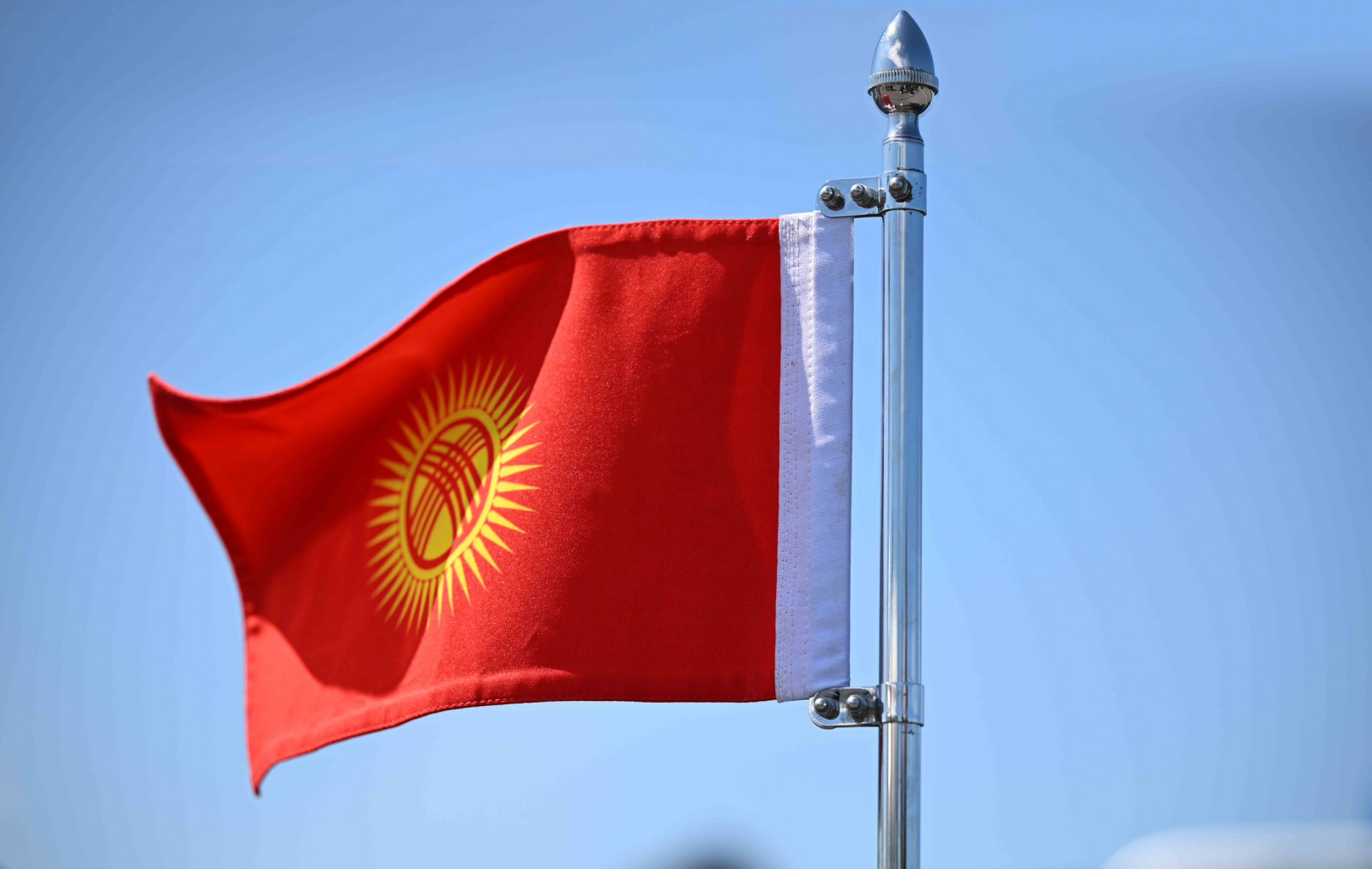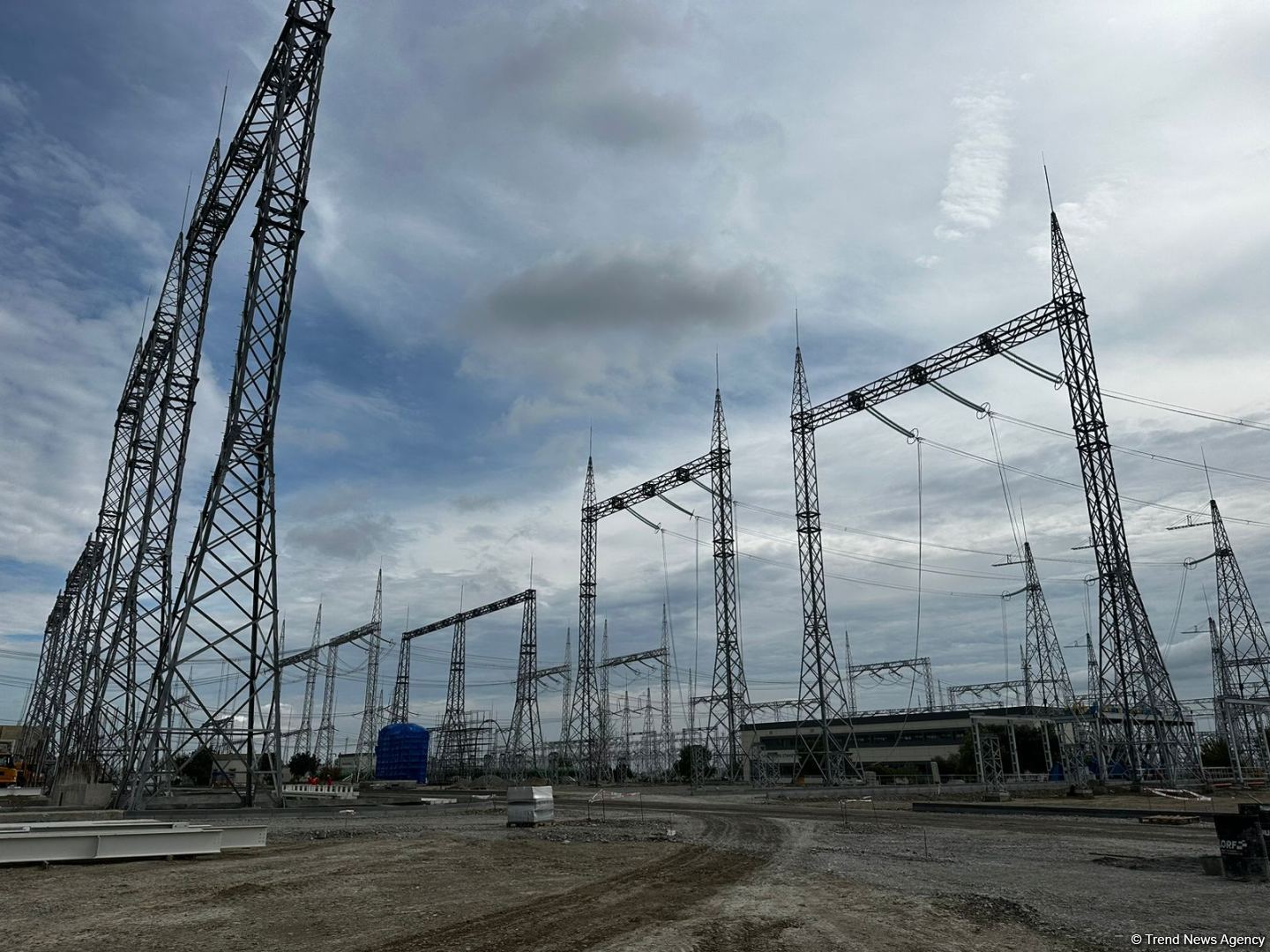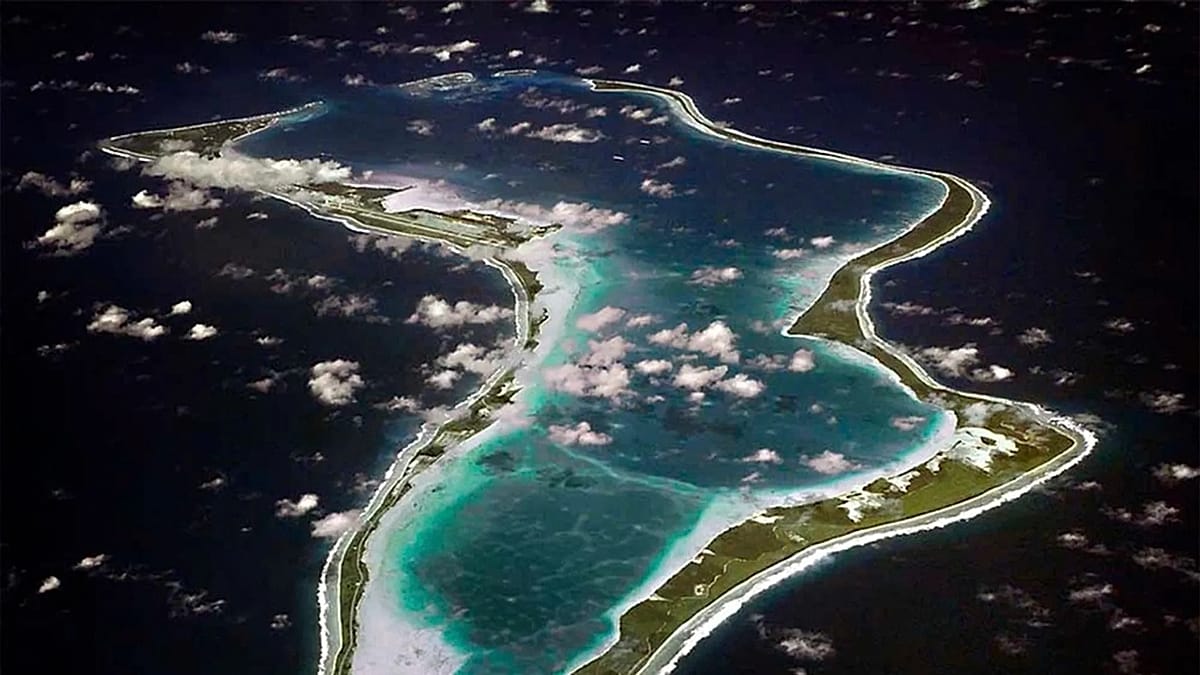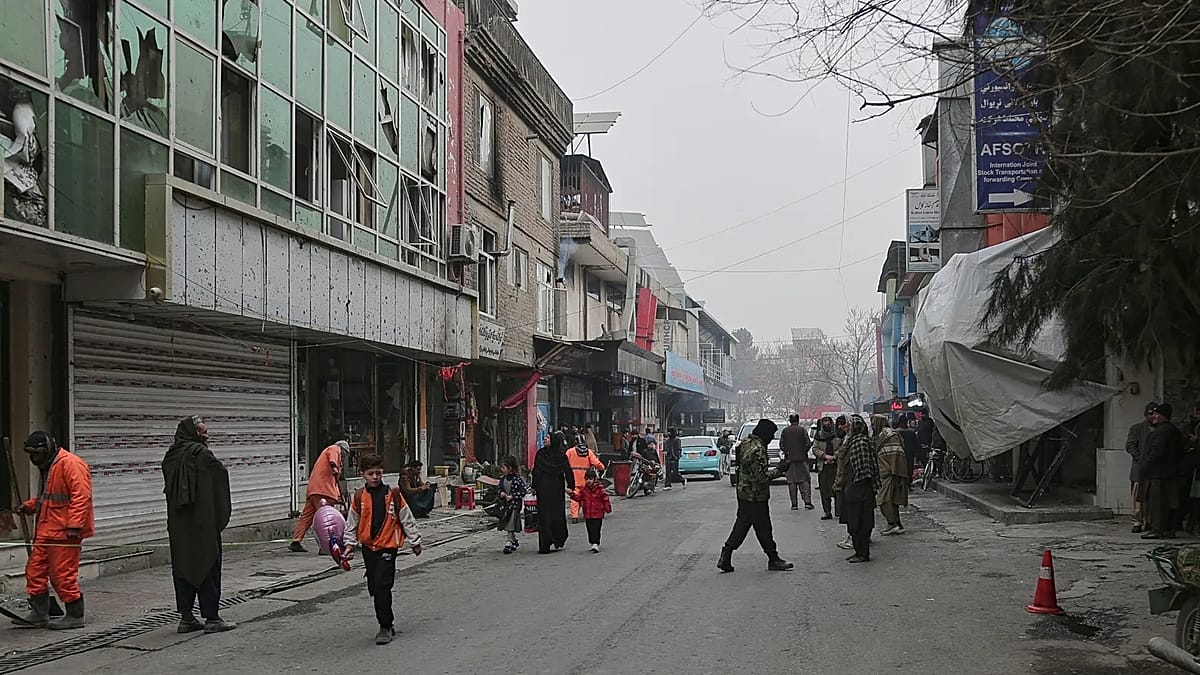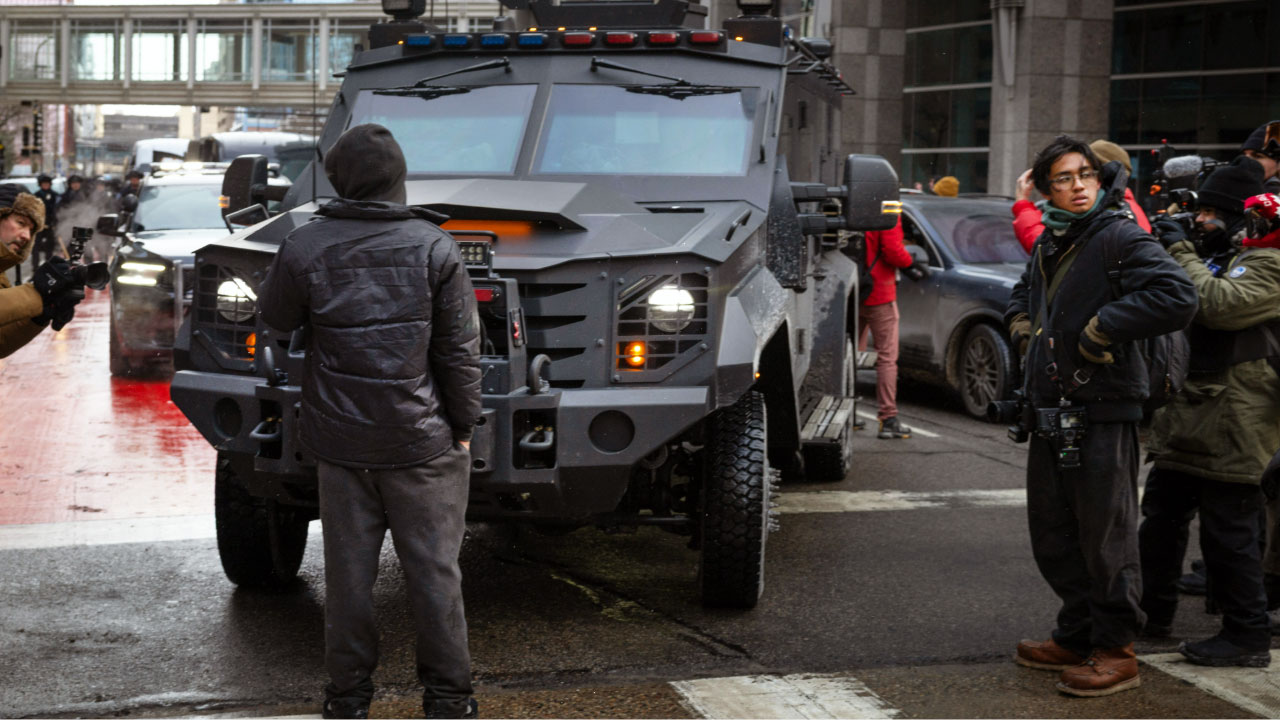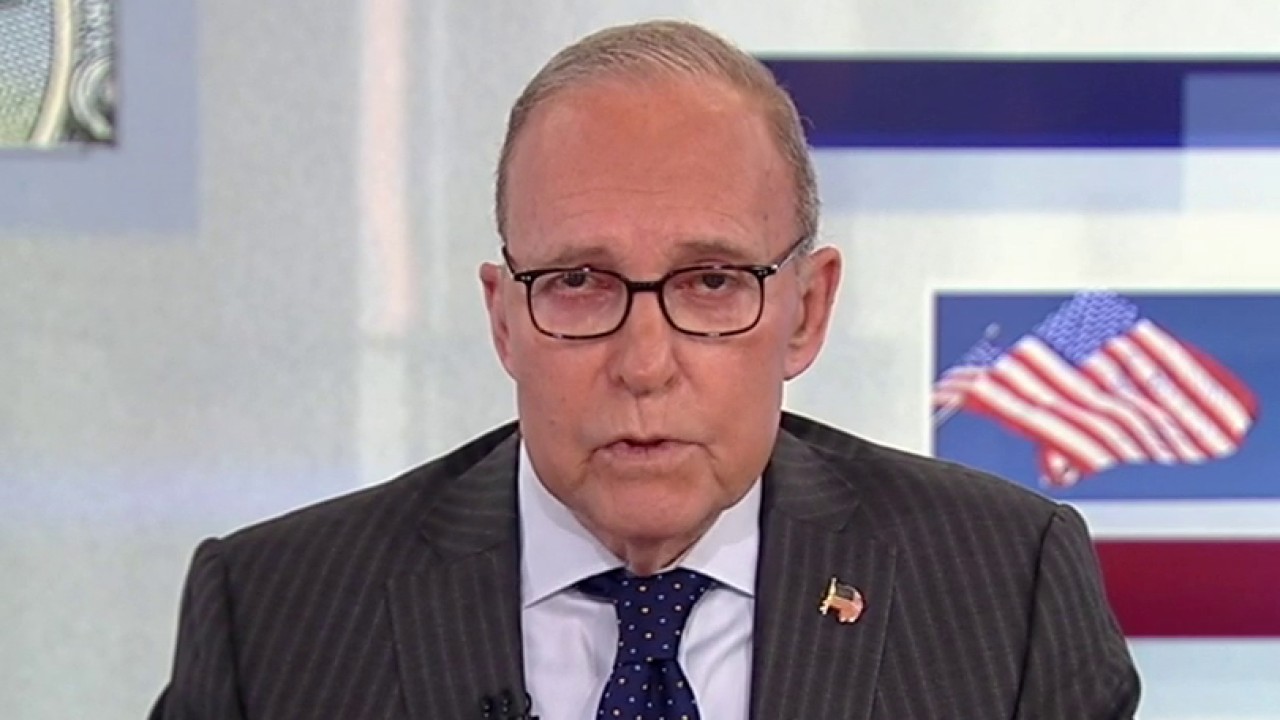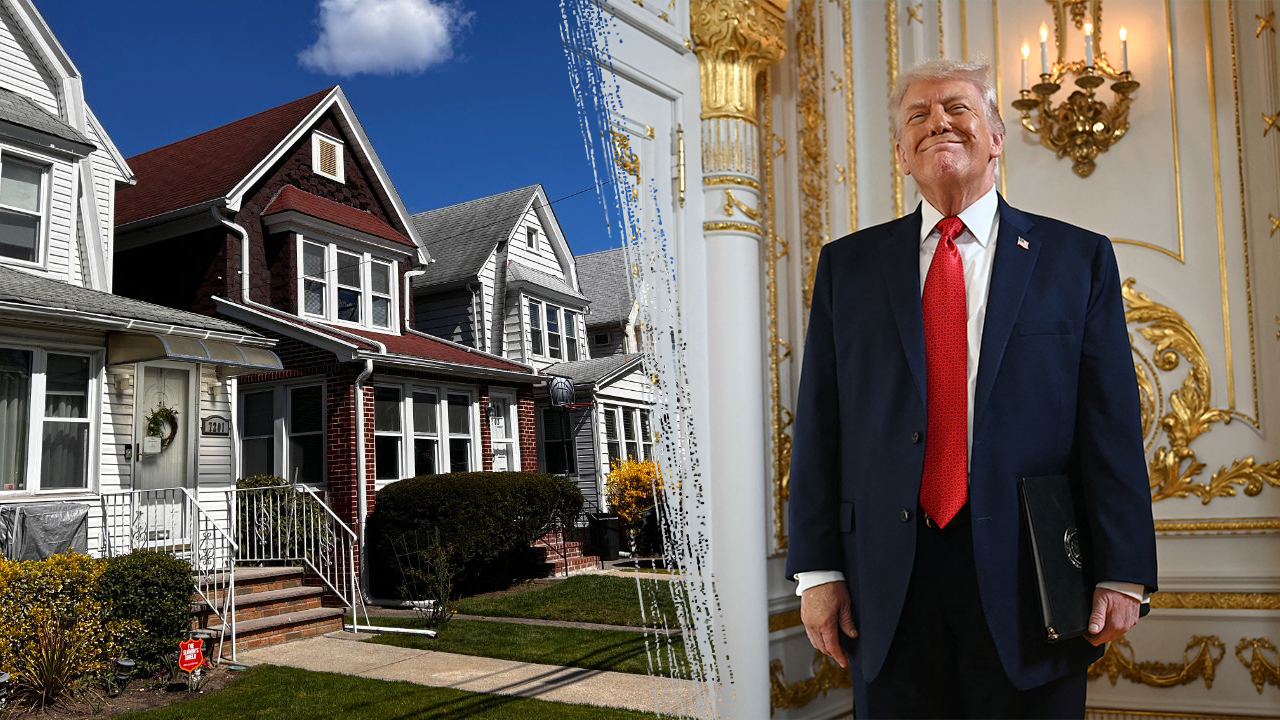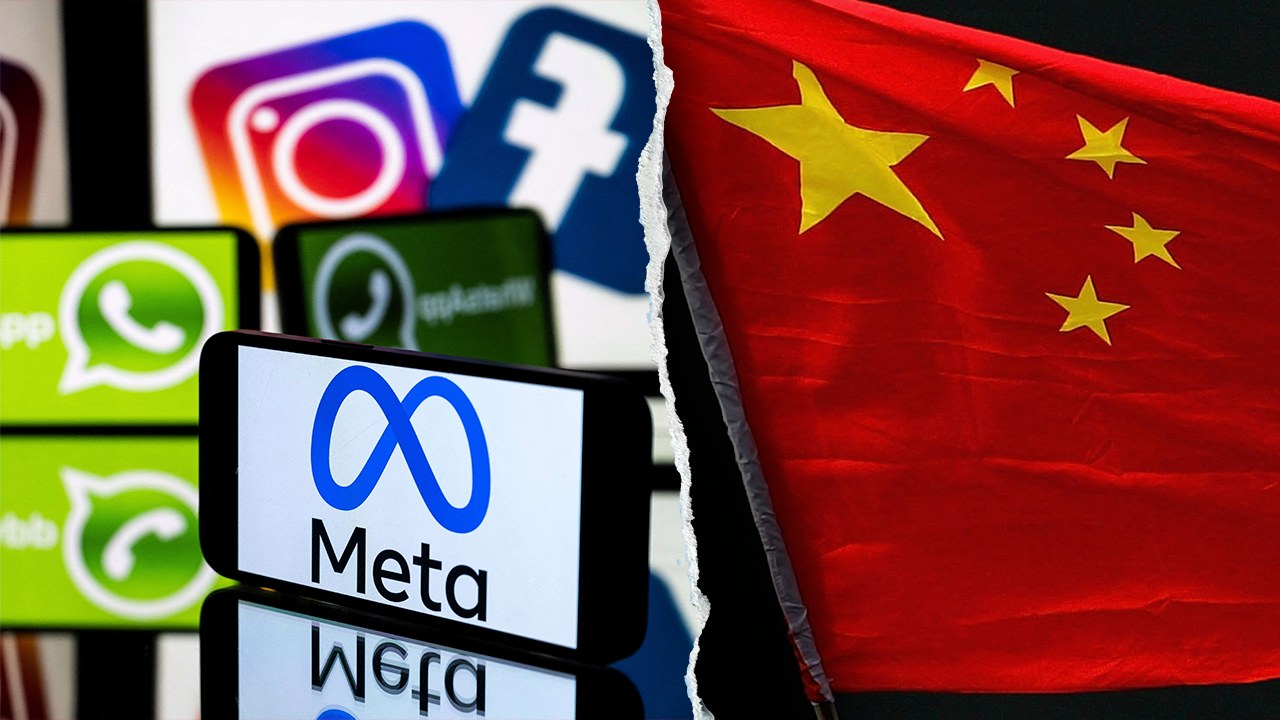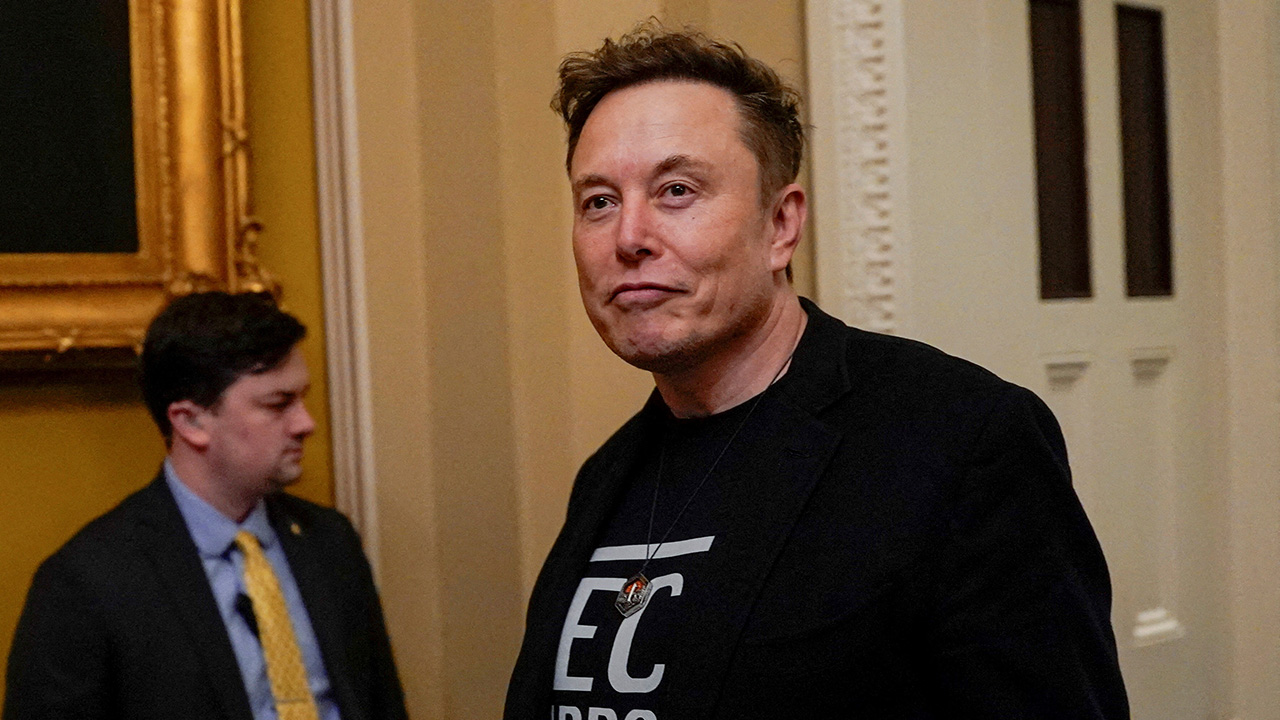China's 'chokehold' over critical minerals has created 'life or death matter for the 21st century': experts
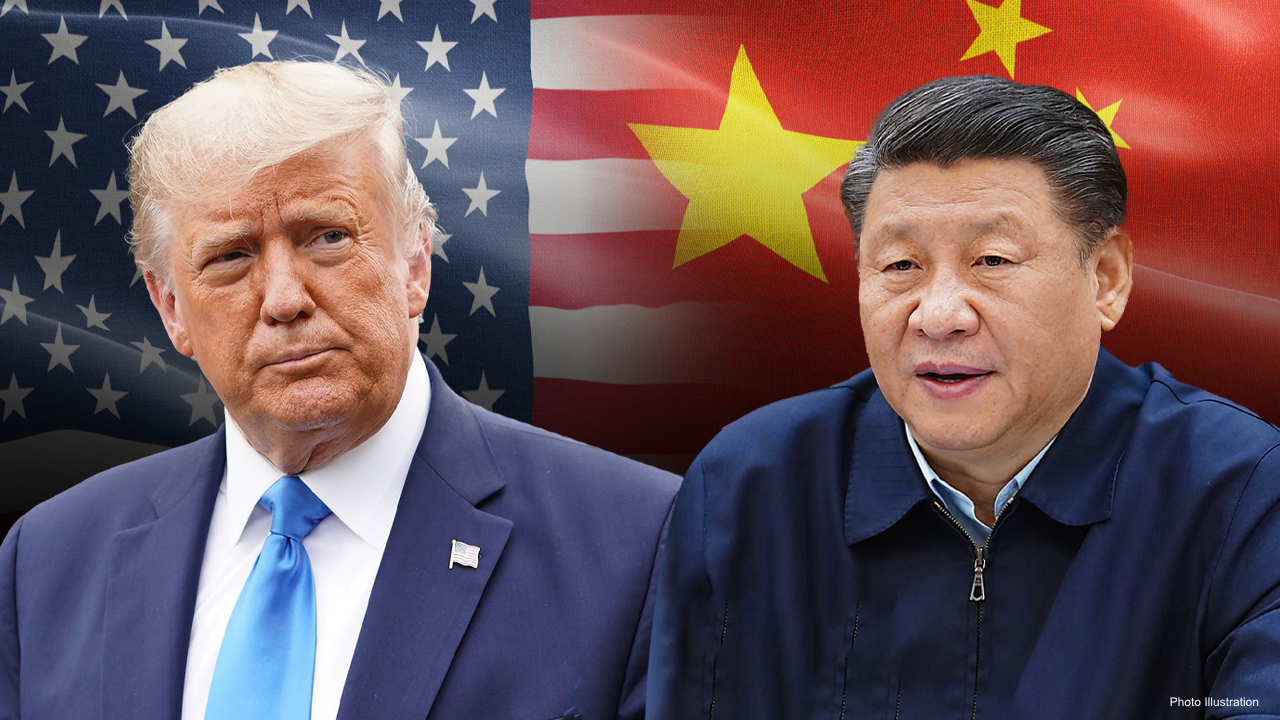
In a hearing Tuesday on Capitol Hill, experts warned a bipartisan group of lawmakers on the House Foreign Affairs Committee that China’s chokehold over critical minerals has become the "life or death matter" of this century.
China's export restrictions on minerals critical for technology, defense, auto manufacturing and the emerging artificial intelligence industry have prompted immense concern in not only the U.S., but among international leaders, as dependence on Beijing amid its trade war with Washington has become abundantly clear.
According to California Republican Rep. Young Kim, China controls 92% of the globe’s processing of rare earth materials and "dominates the manufacturing of battery and magnet components."
TRUMP THREATENS ADDITIONAL 10% TARIFFS ON 'ANTI-AMERICAN' BRICS NATIONS
Similarly, Frank Fannon, director of Fannon Global Advisors, confirmed with lawmakers on the House subcommittee on East Asia and the Pacific that "China controls most of the critical minerals that underpin defense and weapons systems, energy technologies and the building blocks for the modern economy."
"Although America has a significant resource endowment, the U.S. is 100% import-reliant on nearly a quarter of the 50 critical minerals, and over 50% reliant on 29 of them," he added.
Lawmakers pressed the experts on how the U.S. can best counter the increasingly dire situation that has not only become an increasing economic concern but a top national security issue.
"[We’ve] got to produce," Joseph Manchin, a former Democratic senator from West Virginia who became an Independent in 2024, said Tuesday.
Manchin, who is from the second-largest coal mining state in the country, argued the problem lies not only with the fact that the U.S. stopped attempting to meet its own needs with the introduction of massive international deals in the '90s, but it has also not leaned on the right partners abroad.
"We have allies that we can rely on," he said, pointing to both Canada and Australia, which have "tremendous caches" of rare earth materials. "And then you have South Korea and Japan able to do refining."
"We have the building blocks right there … to get in the game very quickly," he added.
APPLE BACKS TRUMP RARE EARTH MINERALS PUSH, INVESTS $500M IN US MINE
Jose Fernandez, former under secretary for economic growth, energy and the environment with the U.S. Department of State, pointed out that it takes up to 20 years to get a mine fully functional.
"We can’t continue operating this way," he said, highlighting that the U.S. needs to look at China’s threat to its supply chains holistically and in both the near and long term. "It's all of the above, and it's all hands on deck."
The experts were also pressed about tariffs, particularly amid Trump’s global tariff spats.
Manchin argued that tariffs can be a great tool and should be used as "guardrails" to protect the industry from China undercutting the critical minerals market.
Fernandez echoed this sentiment but cautioned against the overuse of tariffs.
"If we don't have the minerals in our country … it doesn't do us any good," Fernandez told lawmakers. "But, in the case of minerals that we do have, I think tariffs are one of the tools that we have in our toolbox."
Ultimately, the experts warned that the U.S. needs to make major changes now in how it views mining at home, trade deals abroad, and addressing the ever-present "bottom line" by countering cheaper rates and persuading shareholders not to invest in Chinese companies.
GET FOX BUSINESS ON THE GO BY CLICKING HERE
"It's become the American way, which is not beneficial for us right now. Basically, everything's a return on investment," Manchin warned. "If we don't get in a game pretty quick, and we don't look past the bottom line right now — if we had done that during World War II, we never would have won it — and we're in that same situation right now.
"It's a life or death matter for the 21st century."
